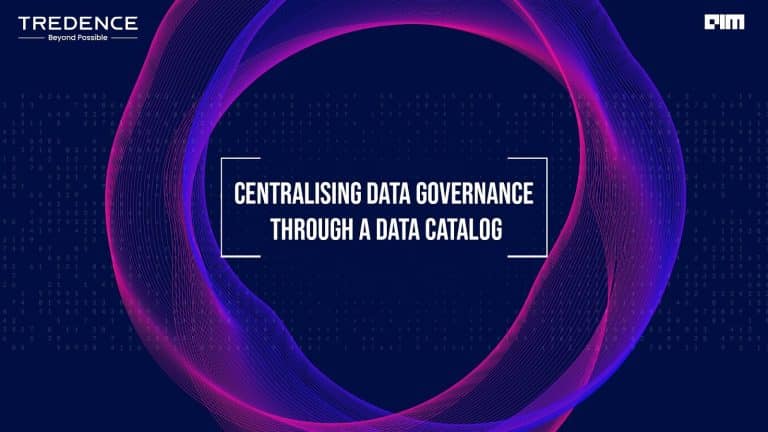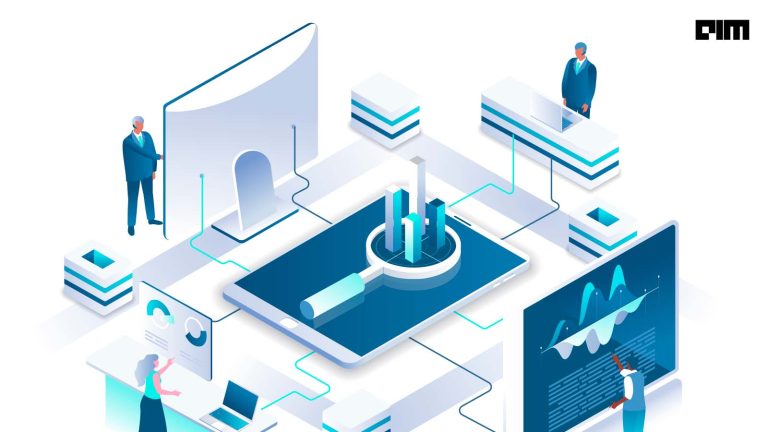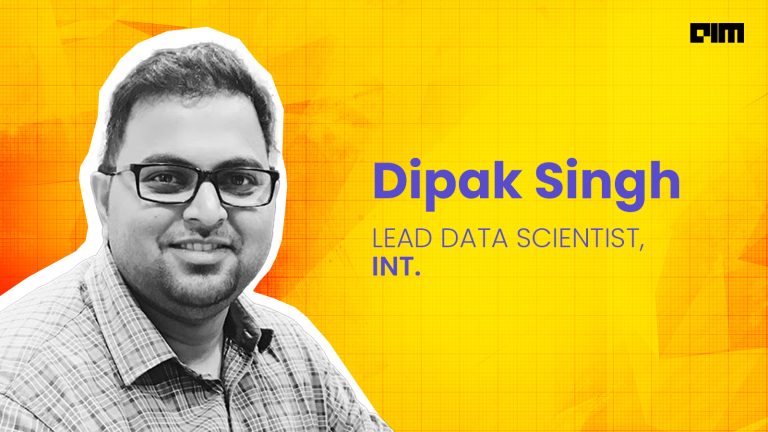As much as seeking and acquiring data is essential for an enterprise, equally important is its management. Data management and governance have become an integral part of company functions. In plain words, data governance concerns itself with the data privacy requirements, big data technologies and associated responsibilities, data governance approaches regarding the IT infrastructure. It also defines who within the organisation will have the authority and control over the data assets and encompasses the people, resources and technologies required to manage and protect the data.
Implementing a data governance framework impacts data management processes and models, its proper execution, and lays the foundation for smarter and faster decision making. Different organisations adopt different methodologies to govern their data. While these frameworks may differ from case-to-case, there are a few best practices that we discuss below.
Drafting A Data Governance Framework
A data governance framework provides a holistic approach to collecting, managing, and securing data. Data Management Association International (DAMA) prescribes adherence to following data management areas:
- Integrating data and data-related resources into the overall enterprise architecture
- Ensuring structured physical data assets storage deployment and management
- Ensuring privacy, confidentiality, and suitable access to data
- Ensuring data quality through standardised definition and use of data values
- Proper management of metadata through its collection, categorisation, integration, control, and management.
- Ensuring smooth data integration and interoperability
Classifying and Tagging Data
It is the process of organising and tagging data by categories so as to collect and protect it in the most efficient way. Data is classified generally in four categories:
- Public: Public data is open for all and does not require additional control to access.
- Internal: Internal information is protected with limited controls. It is generally accessible by concerned authorities within the company. A few examples are company handbooks, memos or internal policies.
- Confidential: This type of information must be restricted within the business. Access to it is highly controlled, and any leakage may result in tarnished reputation of the company.
- Restricted: This includes highly sensitive information. Any breach on this front may lead to severe legal and safety implications.
Setting Format Standards For Data
Every enterprise must formulate standards and procedures to manage its data, including its storage, archiving, backup, and security. These procedures must also entail the controls and audit procedures to ensure compliance with the organisation and applicable government regulations.
Identifying And Delegating Responsibilities
Delegating jobs and identifying internal roles in data governance is a very important step. Data governance requires deliverables from all departments, and it is essential to assign levels of ownership across the organisation. Data governance roles can be broadly divided into:
- Data managers: This person is responsible for mainly creating a database that meets organisational needs
- Data owners: The person appointed for this role is the one held accountable for a data asset
- Data Stewards: A data steward utilises the available data governance processes to ensure the quality of data elements, including content and metadata
- Data users: A data user holds the direct responsibility of entering and using data as part of his/her daily task.
Apart from the mentioned roles, organisations can explore having separate data governance council and data governance board for strategic guidance and development of policies, respectively.
Building A Business Case
A strong business case for data governance is built by identifying the benefits and opportunities that accompany data quality and subsequent gains, such as revenue increase, improved customer satisfaction, and efficiency. Business cases for data governance establish direction and priorities, along with benefits as described priorly. A major component in this is establishing a high-level understanding and communication between all parties involved. Building a business case involves two major steps:
- Building a team: An effective team will be a combination of executives, manager, and data analysts across departments who will provide resources and experience to create business use cases.
- Establishing business use cases and imperatives: Data governance programs derive great value from being tied to specific business goals that are priorities for the organisation as a whole.
Wrapping Up
Apart from the factors listed above, other practices that ensure effective data governance are — keeping the communication channels between departments open; starting the journey of data governance with smaller goals; regularly measuring the success of data governance frameworks through metrics; having a continuous system in place.
Several large companies have found great success in implementing robust data governance practices in place with varying applications, such as IBM, Oracle, and SAP. The trick is basing the policy on these broader practices and customising solutions to the companies needs.



















































































